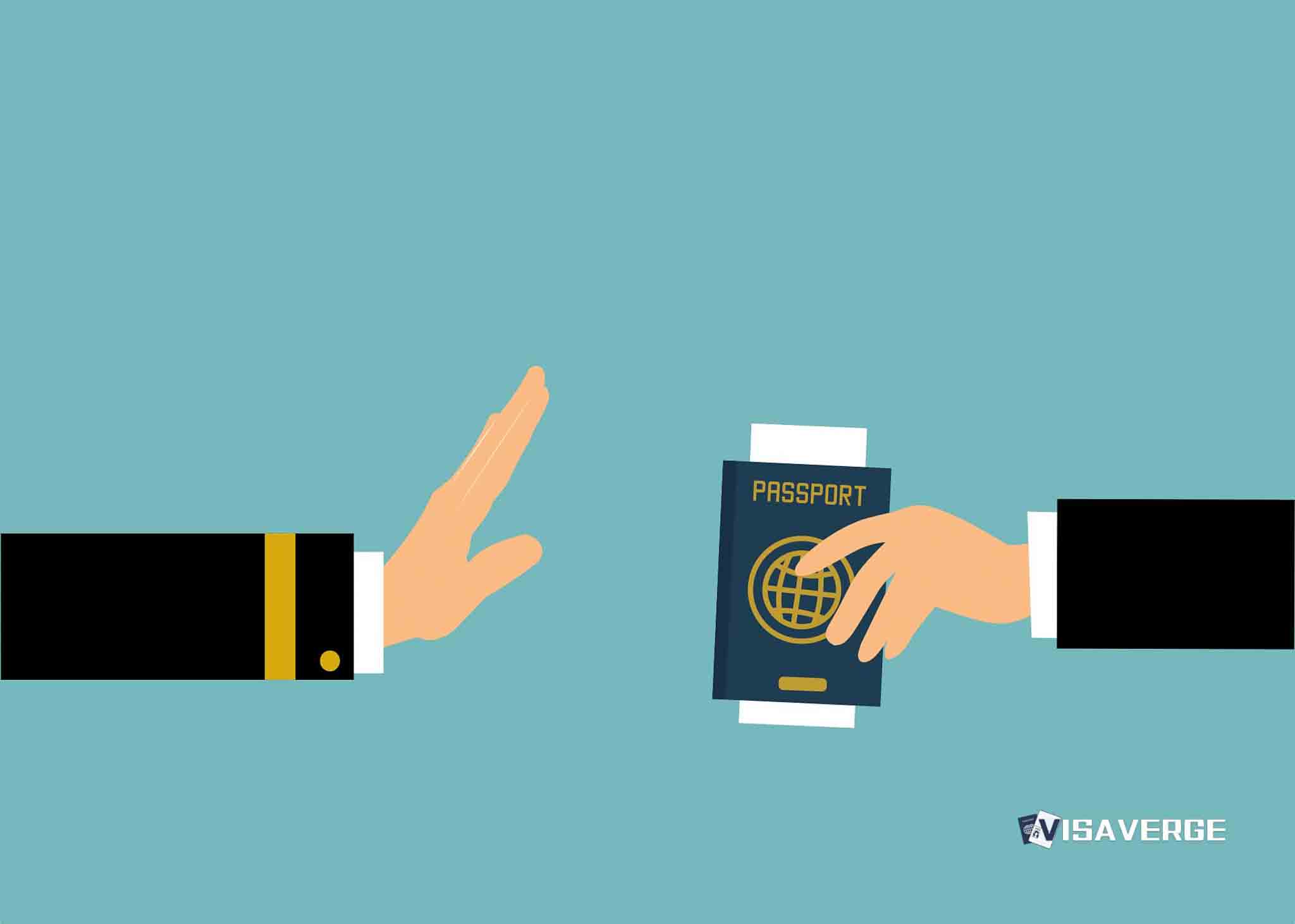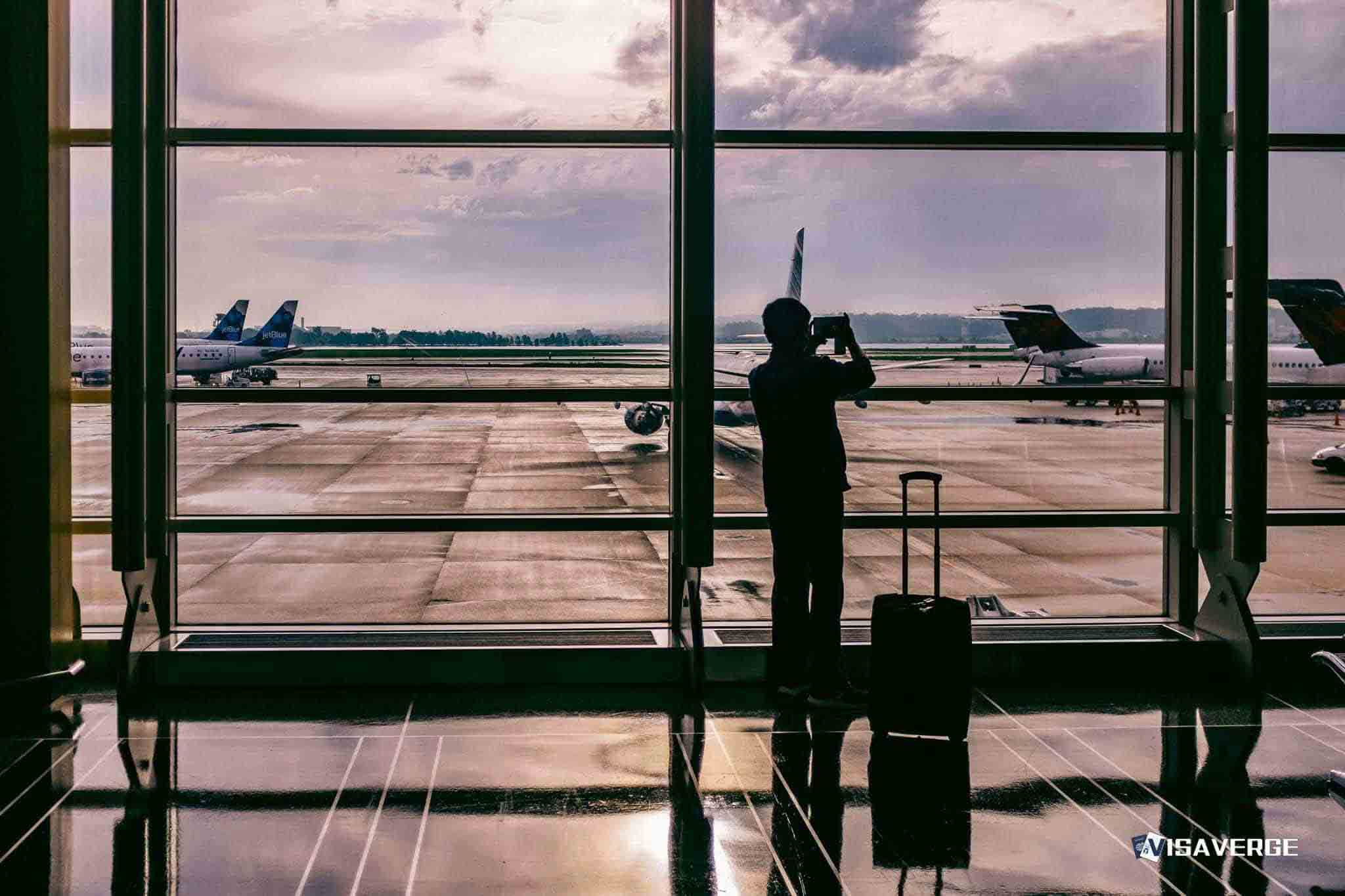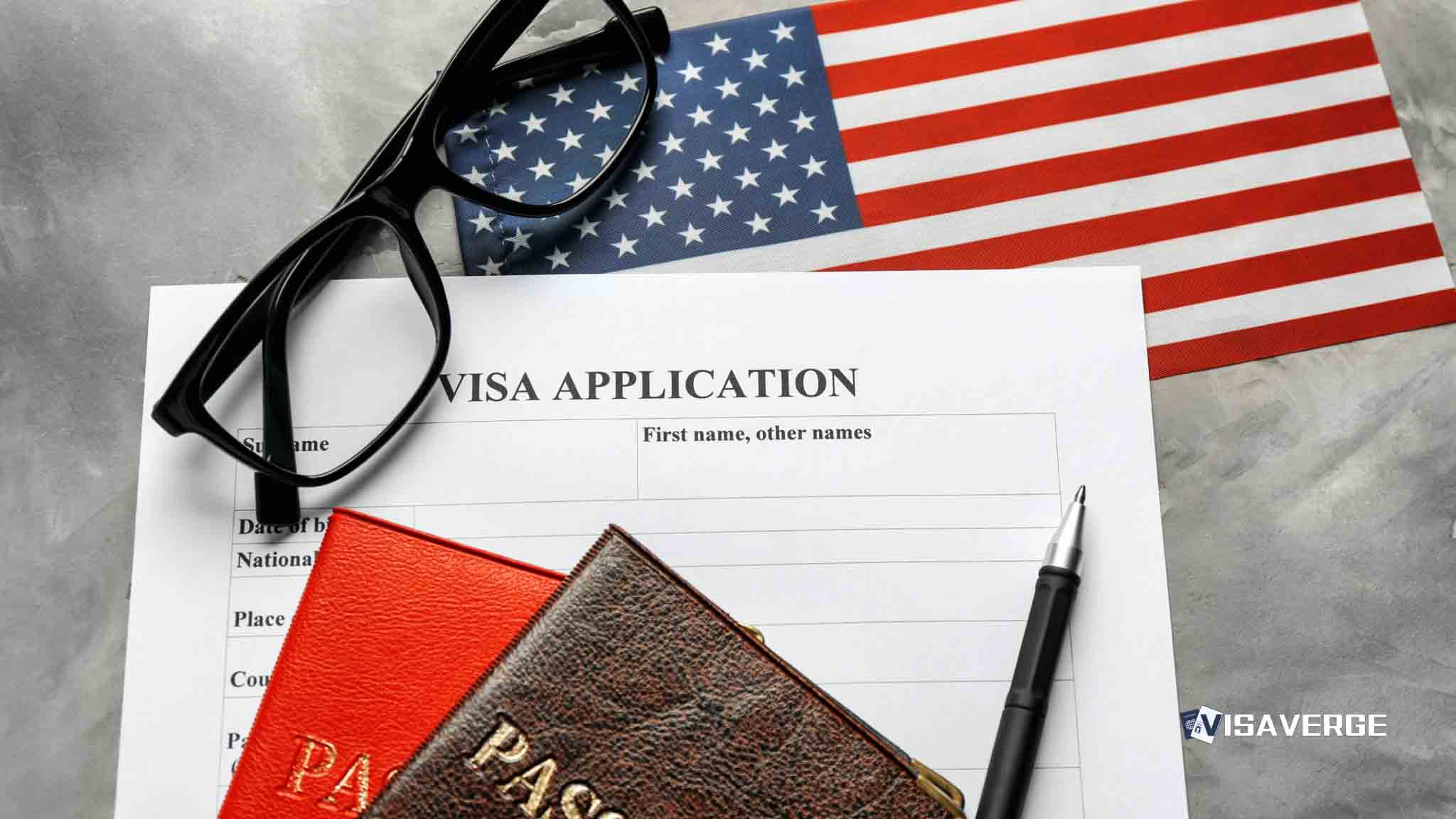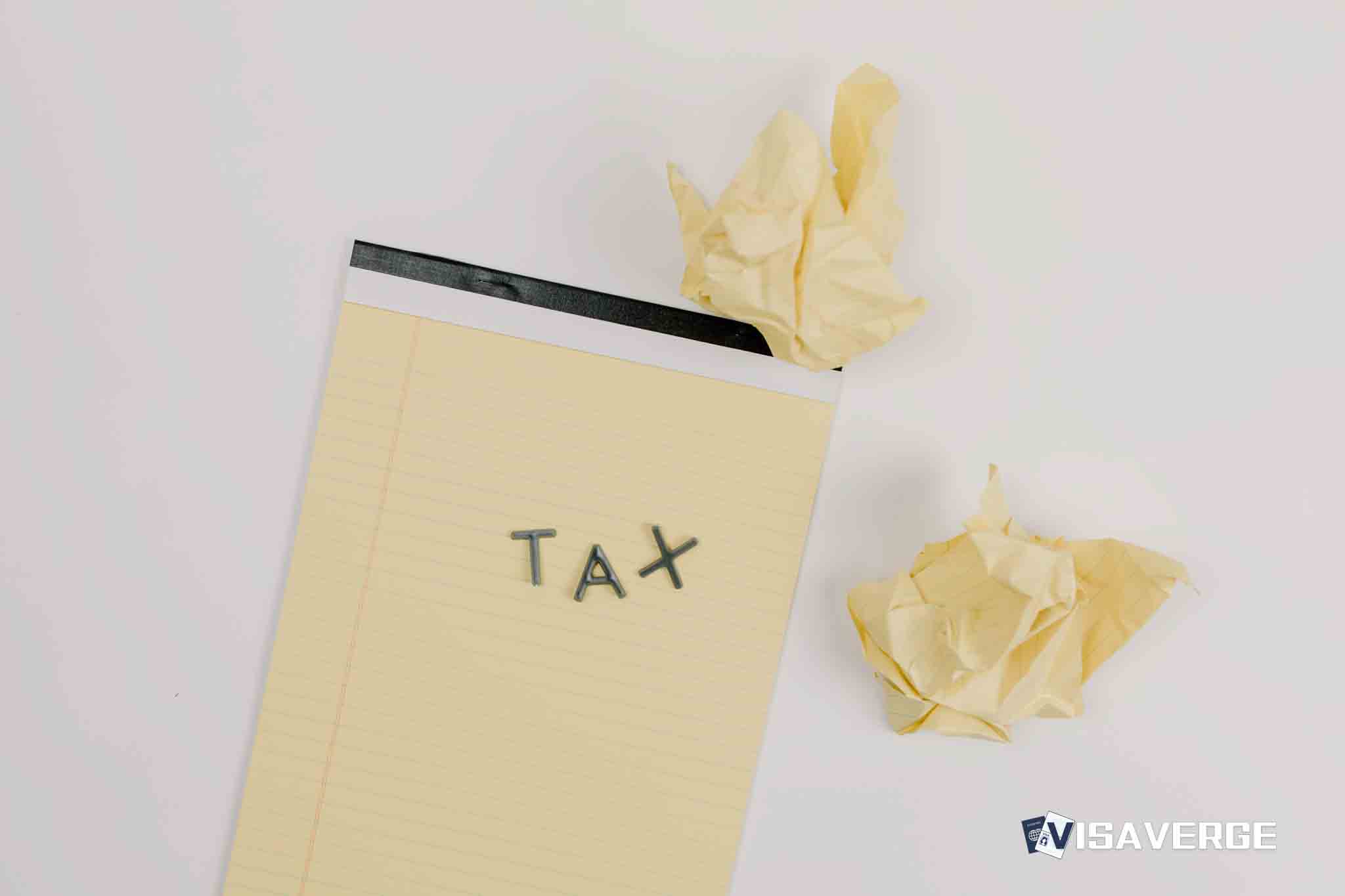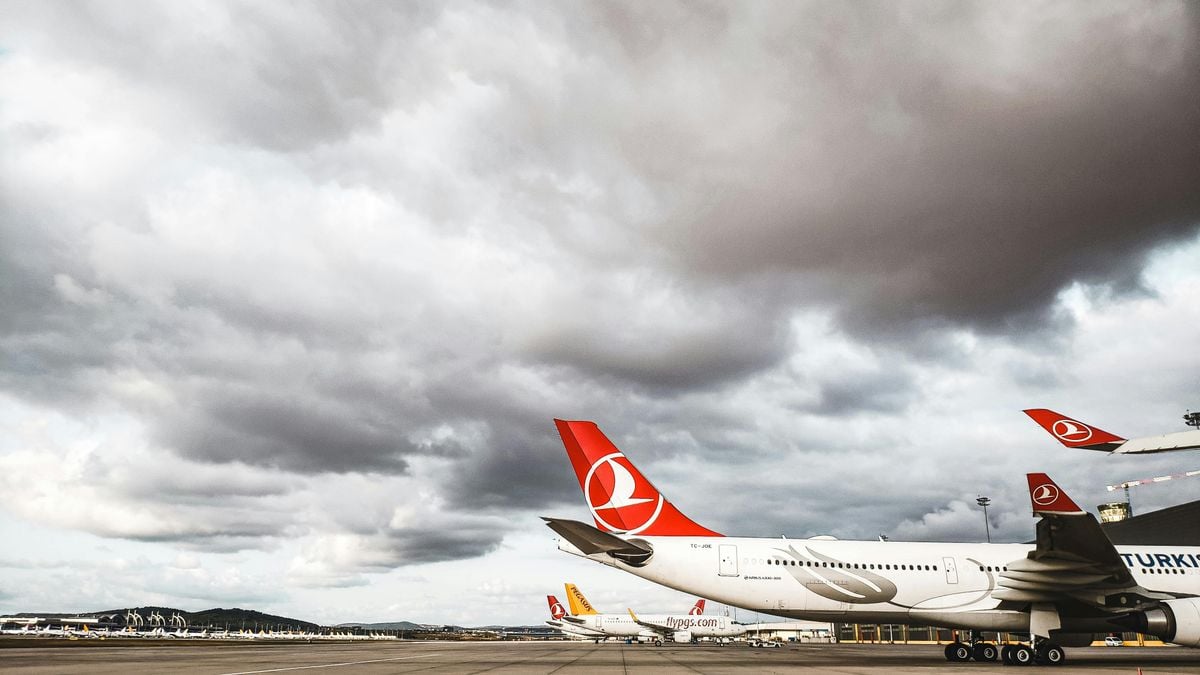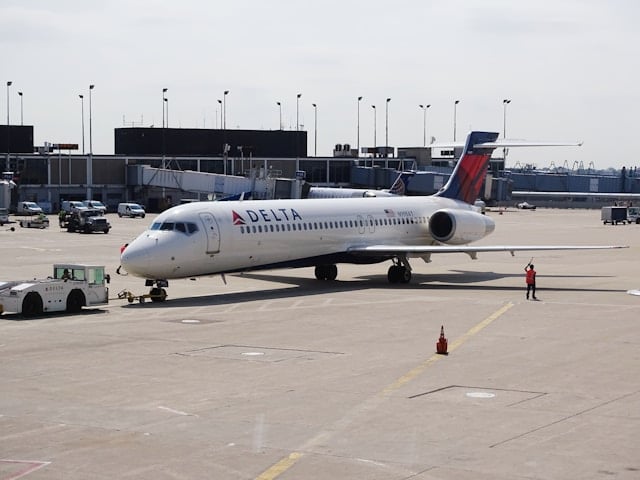(UNITED STATES) The United States government has issued a strong warning to major airlines in early August 2025, making it clear that stricter rules and tougher penalties are coming for airlines that fail to protect passengers’ rights. The Department of Transportation (DOT) is leading this effort, promising to hold airlines accountable for delays, misleading schedules, and poor customer service.
This warning comes after a year filled with high-profile enforcement actions. The DOT has already taken several major airlines to court, handed out large fines, and announced new rules to make air travel more reliable and fair for passengers. These actions show that the government is serious about improving the flying experience for everyone.
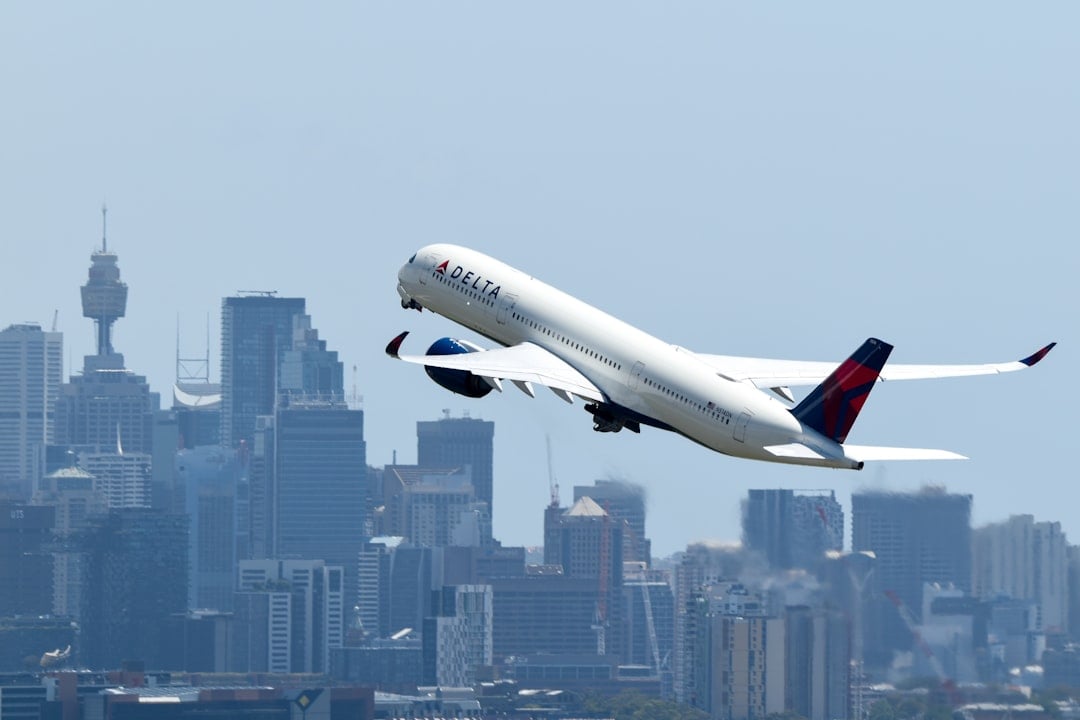
Key Developments in 2025: Major Airlines Under Pressure
On August 6, 2025, news outlets across the country reported that the United States had sent a “bold warning” to major airlines. The government said it would not tolerate practices that disrupt travel or break consumer protection rules. This warning follows a series of actions by the Department of Transportation throughout 2025, including lawsuits, fines, and new policies aimed at fixing long-standing problems in the airline industry.
Some of the most important actions taken by the DOT this year include:
- ✈️ Lawsuit Against Southwest Airlines: On July 9, 2025, the DOT sued Southwest Airlines for running several “chronically delayed” flights. According to the DOT, a flight is considered chronically delayed if it is flown at least 10 times a month and arrives more than 30 minutes late over half the time. The DOT is seeking the highest possible penalties and extra help for affected passengers.
- 💸 Frontier Airlines Fined $650,000: In July 2025, Frontier Airlines was fined for running three chronically delayed flights. The DOT said these delays were unfair to passengers and broke federal rules.
- 💰 JetBlue Penalized $2 Million: In January 2025, JetBlue was ordered to pay $2 million for running four chronically delayed flights for at least five months each.
- ⚖️ Southwest Airlines Fined $140 Million: Also in January 2025, Southwest was fined for problems during the 2022 holiday season, including not giving timely refunds, failing to notify passengers about flight changes, and providing poor customer service.
Official Statements and Government Actions
Secretary Pete Buttigieg, who leads the Department of Transportation, has made it clear that airlines must give passengers honest information about flight schedules and act quickly when things go wrong. The DOT’s Office of Aviation Consumer Protection (OACP) is in charge of making sure airlines follow the rules.
The DOT has warned airlines that if they keep breaking the rules, they will face even bigger fines and possibly new regulations. The message is simple: airlines must do better, or they will pay the price.
What This Means for Airlines, Passengers, and the Industry
The government’s warning has big effects on everyone involved in air travel:
- 🛫 For Airlines: Airlines now face more government checks, bigger fines, and the risk of more lawsuits. They must work harder to keep flights on time, give accurate schedule information, and treat passengers fairly.
- 🧳 For Passengers: Travelers can expect better information about flight delays, faster refunds, and stronger protections if their flights are canceled or delayed. The DOT’s actions are meant to make flying less stressful and more predictable.
- 🏢 For the Industry: The warning shows a shift toward stricter rules and stronger enforcement. If airlines do not improve on their own, the government may create even tougher rules.
How the Department of Transportation Enforces the Rules
The DOT keeps a close eye on how airlines perform. It collects data on flight delays, investigates complaints from passengers, and takes action when airlines break the rules. The main rules come from federal regulations, especially 14 CFR Part 259, which covers things like flight delays, cancellations, and refunds.
When airlines break these rules, the DOT can:
- ✅ Fine the airline
- ✅ Order the airline to fix the problem
- ✅ Make the enforcement order public
Passengers who feel their rights have been violated can file a complaint directly with the DOT’s Aviation Consumer Protection division. This gives travelers a way to speak up and get help when airlines do not follow the rules. To file a complaint or learn more about your rights, visit the U.S. Department of Transportation’s Aviation Consumer Protection page.
Industry and Expert Reactions
Aviation experts say the DOT’s tough approach in 2025 is a response to growing anger from the public and politicians. Many people have been frustrated by years of flight delays, cancellations, and poor customer service. Consumer groups have welcomed the crackdown, saying that airlines have gotten away with too much for too long.
Some airline leaders, however, worry about the cost of these new rules and fines. They say that meeting the government’s demands is hard, especially with ongoing problems like staff shortages and supply chain delays. Still, the government insists that protecting passengers must come first.
Background: Why Is This Happening Now?
The current wave of enforcement started after the 2022-2023 holiday travel season, when millions of passengers were stranded due to widespread flight cancellations and delays. These problems led to Congressional hearings and calls for stronger rules.
The DOT’s focus on “unrealistic scheduling” and “chronically delayed flights” is not new. There have been rules in place for years, but the number and size of penalties in 2025 are much higher than before. This shows that the government is more serious than ever about making airlines follow the rules.
JetBlue fined $2 million
Southwest Airlines fined $140 million
DOT lawsuit against Southwest Airlines
Frontier Airlines fined $650,000
DOT issues warning to airlines
Looking Ahead: What’s Next for Airlines and Passengers?
The DOT has said that if airlines do not show real improvement, more rules could be on the way. Investigations into other major airlines are ongoing, and more fines or lawsuits could be announced soon.
Airlines are also being pushed to use new technology, like real-time passenger notifications and better scheduling tools, to meet the government’s standards. Some experts believe that only real changes in how airlines operate will stop the cycle of delays and complaints.
Multiple Perspectives: How Different Groups Are Affected
| Group | Perspective |
|---|---|
| Government | The main goal is to protect passengers, make air travel more reliable, and ensure airlines are honest about schedules and delays. |
| Airlines | Airlines face new costs and challenges as they try to meet stricter rules. Some want more flexibility from the government, especially when problems are caused by things they cannot control. |
| Consumers | Passengers want better service, more reliable flights, and stronger protections when things go wrong. |
| Industry Analysts | Many believe that unless airlines make big changes, the government will keep increasing fines and rules. |
What Passengers Can Do
If you experience a long delay, cancellation, or poor service, you have the right to file a complaint with the Department of Transportation. This can help you get a refund or other help, and it also helps the government spot patterns of bad behavior by airlines.
To file a complaint, visit the DOT’s official complaint page. You can also check the FAA’s daily air traffic report for updates on flight delays and other issues.
Summary: A New Era for Airline Accountability
The United States’ August 2025 warning to major airlines is part of a bigger effort to make air travel fairer and more reliable. The Department of Transportation’s actions this year are the toughest in decades, with big fines, lawsuits, and new rules all aimed at protecting passengers.
As reported by VisaVerge.com, these changes have immediate and long-term effects for airlines, travelers, and the whole industry. Airlines must now prove they can deliver on-time flights and honest schedules, or face serious consequences. Passengers, meanwhile, can expect better information, faster refunds, and more support when things go wrong.
The message from the government is clear: air travel in the United States must work better for everyone, and major airlines will be held to the highest standards. If you are a passenger, stay informed about your rights and do not hesitate to speak up if you feel an airline has treated you unfairly. The Department of Transportation is listening—and taking action.
This Article in a Nutshell




